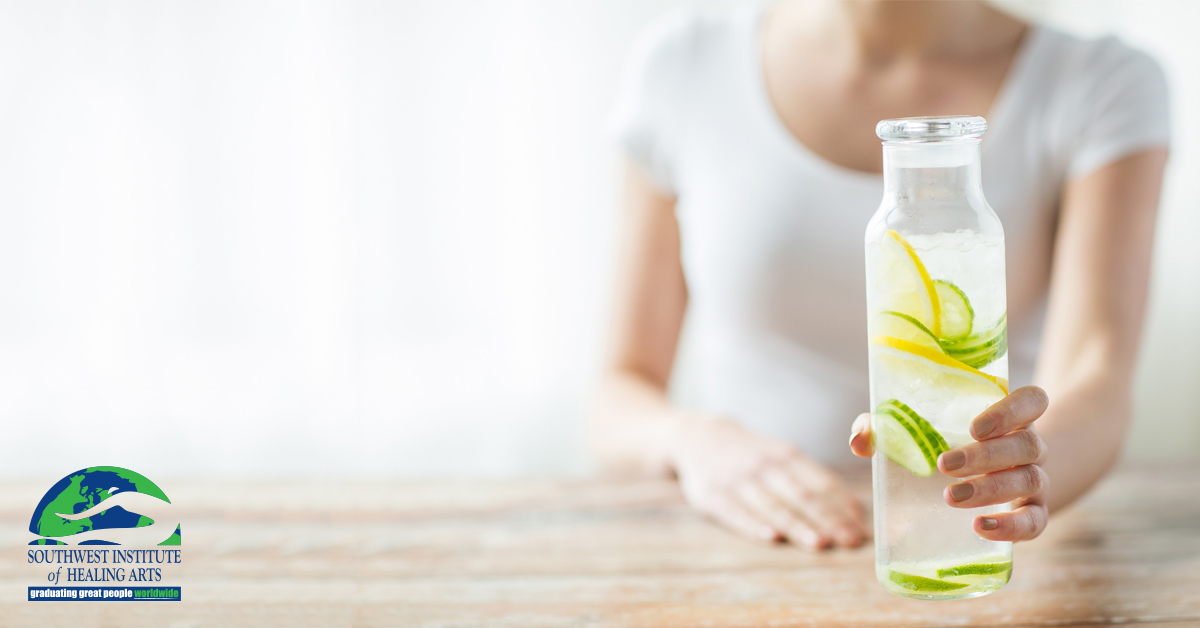We’ve all seen the numerous water options available in stores now, touting various health benefits and promising to deliver results with regular consumption. How do they stack up to just plain, old water? And should you shell out the extra cash? Today, we look at some popular options and dive in to the science of their benefits.
Alkaline Water
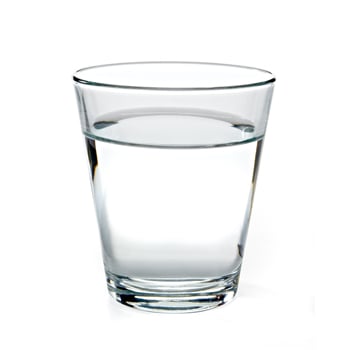
Alkaline water is less acidic than regular tap water and rich in calcium, silica, potassium, magnesium, and bicarbonate. Proponents believe it can neutralize the acid in your bloodstream and help your body metabolize nutrients more effectively.
So far, there’s not a lot of firm data to support that balancing alkalinity of the body is even possible, as each organ has different pH requirements, and our bodies already work hard to keep our blood pH constant. Alkaline water is not recommended for those with low kidney function, as minerals could accumulate in the body and lead to negative side effects.
There are health benefits to alkaline water, however, due to its mineral content. Magnesium and potassium help reduce cramps; silica can improve skin health; calcium helps maintain strong bones; and bicarbonate relieves acid reflux and indigestion.
Lemon Water
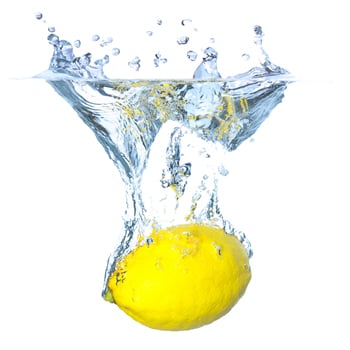
Lemon water is a popular morning beverage, and consists of water mixed with fresh lemon juice. It’s claimed to improve your mood, immune system, and metabolic health.
The biggest benefit to lemon water is that it can boost your vitamin C intake; the juice from half of a lemon contains 25% of your daily RDI. It also contains flavonoids, which have antioxidant properties and benefits for circulation, insulin sensitivity and overall metabolic health. The high amounts of citrate may also successfully treat kidney stones, numerous human studies have shown.
The acidity may be damaging to tooth enamel, so it’s best to consume this beverage through a straw and wait an hour before brushing your teeth.
Aloe Water
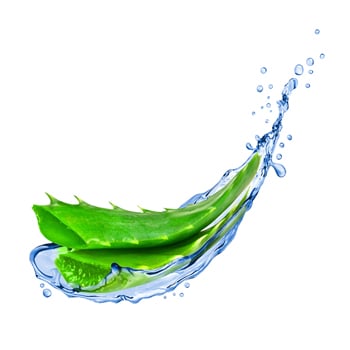
Aloe has been used for centuries topically to treat skin issues from sunburn to eczema. It produces antiseptic effects to due its salicylic acid content, which can stave off bacteria, fungus and viruses. Most available research backing up aloe health benefits applies exclusively to the topical use of the plant.
Aloe water is made by diluting the pulp of aloe with water. Because of its naturally bitter taste, aloe water is often mixed with sweeteners or fruit juice, which translates to extra carbohydrates in the form of sugar.
Aloe also contains anthraquinone, which produces laxative qualities. Studies have also linked anthraquinone to potentially cancerous effects, so often the aloe is additionally processed to purify and decolorize it. Researchers have warned against the regular ingestion of aloe vera, and advise entirely against it for those with digestive disorders.
Coconut Water
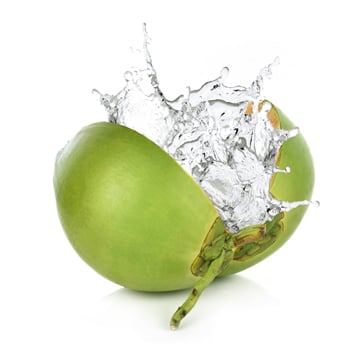
Coconut water is the clear liquid housed in the center of young, green coconuts. It contains more potassium per serving than bananas and the carbohydrates it does contain are easily digestible. Be sure to read the label and make sure what you are getting is 100% coconut water; many brands add additional sugars or fruit juice.
Because of its high potassium content, it may be a great option if lowering blood pressure is a health goal. One animal study found that coconut water has antithrombotic properties which could help prevent the formation of blood clots, though the study has yet to be replicated in humans.
Coconut water’s strength lies in its ability to be a natural, less-sugary alternative for popular “sports drinks”. Take it along on your next hike, though be sure to pair it with a salty snack as coconut water’s sodium levels are low.
Maple Water
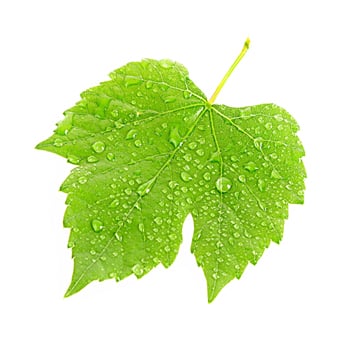
Maple water comes from the sap of the maple tree, which contains 98% water. Maple water is 2% maple sugar, compared to 66% maple sugar concentration in maple syrups.
Maple water contains half of the sugar of aforementioned coconut water, and has manganese, which helps your body absorb calcium and regulates blood sugar. However, manganese deficiency is not common. Additional benefits include its iron content, which can assist in eliminating fatigue, and polyphenols, which are assumed to provide cancer-fighting properties.
Maple water may be a great alternative for those seeking to cut back on sugar drinks, such as fruit juice and soda. It is sweet enough to curb a craving and is a gentle way to kick the habit.
The Conclusion

Paired with a balanced, plant-rich diet, there is no better source of hydration than well-filtered water. There is no water substitute or addition that will provide the complete extent of miraculous health effects they claim. And certainly none that can completely replace good ol' H2O!
Especially for those in warmer climates, it’s recommended to consume 2.7-3.17 liters of water per day. If that proves to be difficult for you, it may help to set reminders on your phone or use a marked water bottle with fluid ounces.
Stay informed, and stay hydrated!

